Your baby is now officially an embryo and is about the size of a poppy seed.
Please visit www.nhs.uk/conditions/pregnancy-and-baby/4-weeks-pregnant/ for more information.
Local Maternity and Neonatal System
View navigation
Perinatal Pelvic Health Services
The physiotherapy team at YSTHFT therapeutically assess each woman and birthing person on an individual basis and support their rehabilitation based on clinical findings and shared agreed goals.
Examples of the type of symptoms that patients can be referred with both antenatally and postnatally at YSTHFT are:
The physiotherapy team see women and birthing people antenatally and can offer support for the following issues with an appointment within 4–6 weeks of receipt of a referral:
Referrals are accepted from GP’s, midwives, consultants and specialist nurses such as urology nurse specialists and first contact practitioners in doctors surgeries.
Women and birthing people with pregnancy related pelvic girdle pain in the antenatal period are seen within 0–4 weeks of receipt of referral and offered an initial appointment at a virtual group with an individual patient initiated follow up if required.
In the postnatal period pregnancy related pelvic girdle pain referrals are accepted up to 3 months postnatally, after which they are referred to the musculoskeletal physiotherapy team.
A pathway is in place for all patients who have had an obstetric anal sphincter injury during the birth of their baby and they are routinely invited to attend a physiotherapy appointment as part of that pathway for therapeutic assessment and rehabilitation with the aim of that appointment being at 4–8 weeks postnatally.
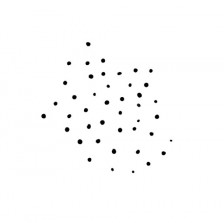
Your baby is now officially an embryo and is about the size of a poppy seed.
Please visit www.nhs.uk/conditions/pregnancy-and-baby/4-weeks-pregnant/ for more information.
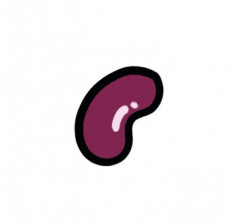
Your baby is now the size of a kidney bean and weighs 1g.
Please visit www.nhs.uk/conditions/pregnancy-and-baby/8-weeks-pregnant/ for more information.
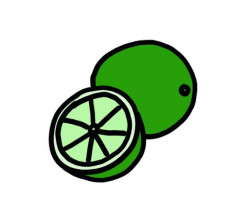
Welcome to the second trimester!
Your baby is about the size of a small lime and weighs approximately 14g.
You have hopefully seen your midwife for your 'booking in' appointment, if you have not yet seen a midwife please make an appointment quickly, so you can have all of your choices about screening tests explained and offered to you.
Please visit www.nhs.uk/conditions/pregnancy-and-baby/12-weeks-pregnant/ for more information. You can also link to the 'Pregnancy Journey' area here.
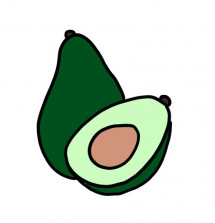
Your baby is about the size of an avocado and weighs approximately 100g.
Please visit www.nhs.uk/conditions/pregnancy-and-baby/16-weeks-pregnant/ for more information.

Your baby has grown in length and is now the length of a small banana and weighs approximately 300g. Around this time you will be offered your '20 week' scan, also known as the 'anatomy' or 'anomaly' scan.Click here for more information about screening.
This is a also a good time to talk and sing to your bump as your baby can now hear sounds. This is great way for you and your partner/family to bond with your baby.
Please visit www.nhs.uk/conditions/pregnancy-and-baby/20-weeks-pregnant/ for more information.
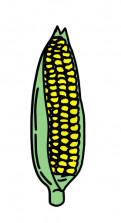
Your baby has grown again to the approximate length of an ear of sweetcorn and weighs about 600g.
Please visit www.nhs.uk/conditions/pregnancy-and-baby/24-weeks-pregnant/ for more information.
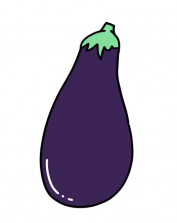
Welcome to the third trimester!
Your baby is now approximately the weight of an aubergine; about 1kg and approximately 37cm in length.
Please visit www.nhs.uk/conditions/pregnancy-and-baby/28-weeks-pregnant/ for more information.
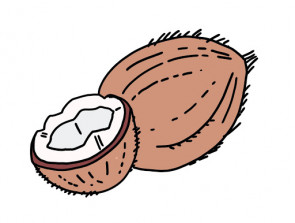
Your baby now weighs approximately the same as a coconut; around 1.5kg.
Please visit www.nhs.uk/conditions/pregnancy-and-baby/32-weeks-pregnant/ for more information.
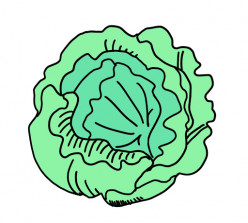
Your baby is now around the same size as a lettuce, approximately 47cm long and weighs around 2.6kg.
Please visit www.nhs.uk/conditions/pregnancy-and-baby/36-weeks-pregnant/ for more information.

Your baby is now the weight of a small watermelon which is approximately 3.3kg and around 50cm in length.
Please visit www.nhs.uk/conditions/pregnancy-and-baby/40-weeks-pregnant/ for more information.